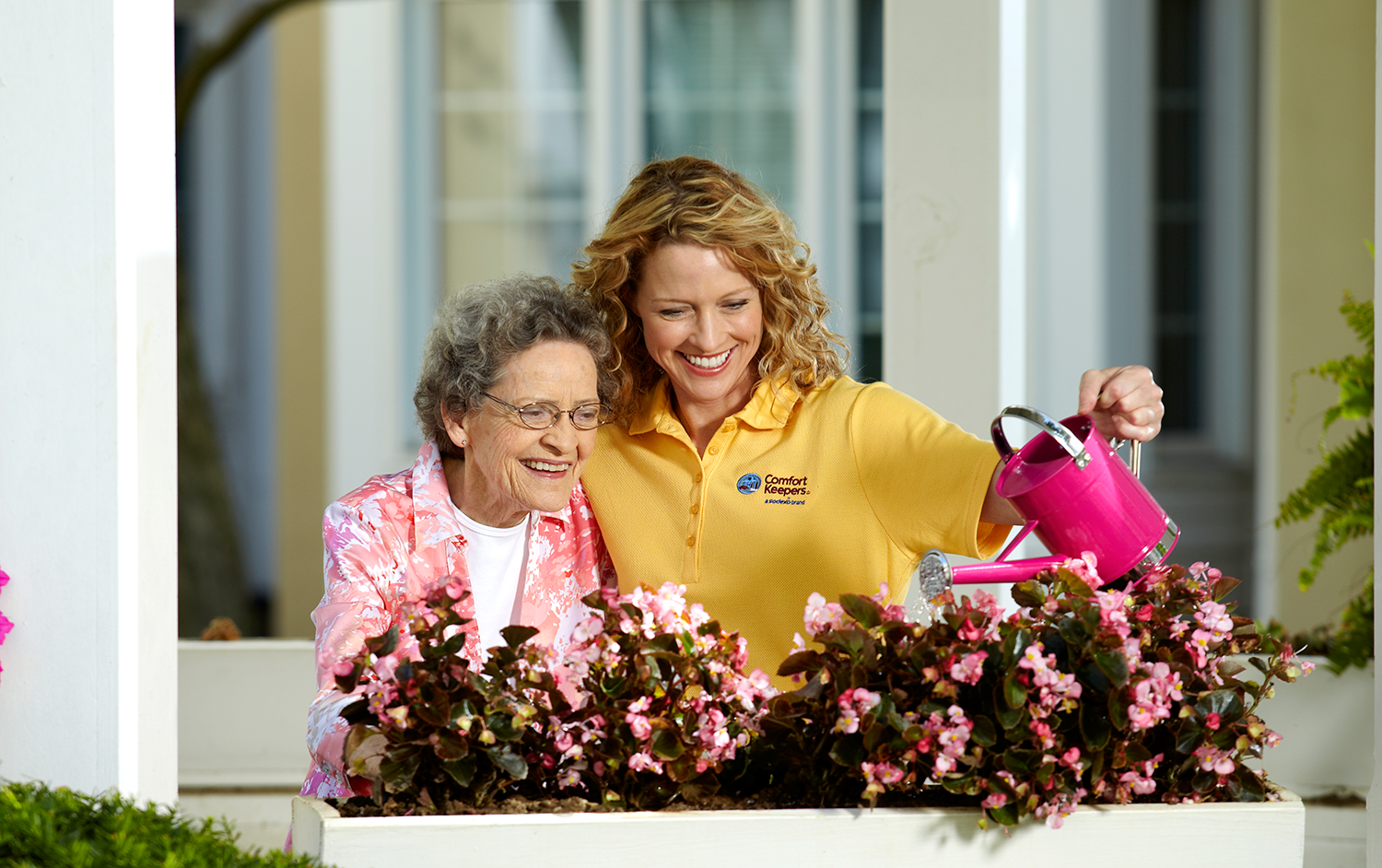How to Have a Family Meeting
Blog | April 10, 2016
How to host an effective family meeting. It’s never easy to have family discussions about delicate subjects. Unfortunately, the hardest things to talk about are often the very things that need to be talked about the most. And depending on your family, existing relationship difficulties might make this even more challenging.
When it comes to discussing health and long-term care needs, whether for yourself or for a loved one, having a family meeting is one way to make sure that everyone has the information they need. It also provides a constructive way to address irritants, and a structure you can use to make important decisions. Here are five tips you can use to plan a meeting with your family.
Make a family meeting agenda
Think about what you want to get out of the meeting, and what will be important to other family members. Be as inclusive as you can, but remember that one conversation is rarely enough to address every issue. Making an agenda and setting realistic objectives can make everyone feel that the meeting was valuable and productive.
The purpose of a first meeting might be to “identify the tasks that Mom needs help with”, “share information about a diagnosis”, or “make a list of things to consider when assessing home care options.” Whatever the purpose is, make it concrete enough that you’ll know when you’ve achieved it.
Decide who should participate
Ideally, everyone close to the situation should be invited to participate, even if they live some distance away. Aim to include everyone involved, but try not to have too many people present so that everyone has a chance to speak up.
If you’re the caregiver, you’ll need to think carefully about whether to involve your loved one directly. Many experts believe that involving the person being cared for is beneficial, but each situation is different. You should also consider inviting any external professional caregivers who provide support, since they have a unique perspective on your loved one’s needs.
Choose a location
Depending on your family’s situation, this may be more or less challenging. The location should be a place where everyone feels welcome, so if there are existing relationship issues, avoid locations that some family members wouldn’t consider neutral.
If you’re the caregiver and you’re involving your loved one, you might need to hold the meeting in a care facility or hospital. And if you’re including people who live out of town, you’ll want to connect with them by telephone or online.
Set ground rules
This can be the hardest part of all, but also the most useful. Share the agenda with everyone ahead of time, along with a request that they come prepared to talk about those topics, and to be on their best behaviour.
Ask someone to take on the role of facilitator, so that everyone is clear on who is leading the meeting. If your family is especially challenging, you might consider asking an objective third party to play this role, such as a close family friend or a social worker. Also, ask someone different to play the role of note-taker, so that you have a record of the discussion that you can share with everyone after the meeting. You might also designate a timekeeper to help keep things on schedule.
During the meeting, the facilitator should make sure that everyone has a chance to speak, and that no one dominates the conversation. This can be a difficult task, especially if tensions run high, but part of the value of the meeting is creating a space for people to share their feelings. Ask everyone to keep an open mind and hear each other out.
Follow up
After the meeting, do a recap to make sure everyone is clear on what was discussed and agreed, especially if there are tasks that need to be done. Before everyone leaves, take the opportunity to schedule the next meeting, to keep the lines of communication open.
Individualized Home Care Options
Long-Term Home Care, 24 Hour Home Care & Short Term Care Options Customized for You







